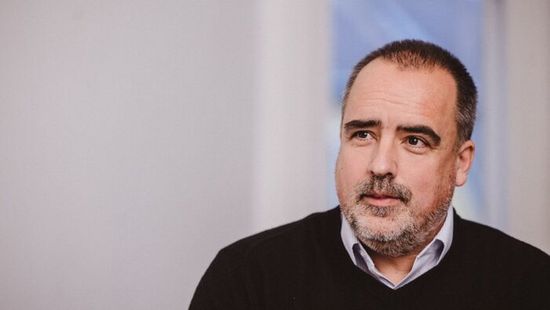Feltették a legfontosabb kérdést Török Gábor kapcsán – itt vannak a részletek

Azt sem rejtették véka alá az elemzők, hogy miért.

Earlier this month, Al Jazeera launched a new feature on its Web site called the Transparency Unit—the network’s in-house version of WikiLeaks.
„One thing is certain. In America, a news outlet that builds for itself an in-house unit like the one Al Jazeera has created would be working within greater legal constraints than WikiLeaks, but also with greater freedoms, too. WikiLeaks is an unconventional publisher without precedent that draws considerable power from its ability to exist in multiple legal jurisdictions: its diffuse nature is what helps make it so hard to censor (and also hold to account). By contrast, the New York Times draws its strength from its credibility and judgment—and also from its rootedness, and from its conventionality.
This difference has broad implications. To be fixed to a single jurisdiction means that the law holds a greater sway over you than it otherwise would. It means that you agree to certain legal limits on your behavior—and that these can only be changed through the mechanisms of government. The New York Times is not a wandering inhabitant of the world’s chaotic and interlinked digital landscapes. The paper exists, in a concrete sense, at the center of Manhattan, in a very real community, where the price for being constrained by statutes and by judicial precedent is that it gets to help shape such things, too. A legal attack on the New York Times would instantly create a precedent that would very likely apply to all of journalism in America. That is a powerful deterrent—one that is as much social and political as it is legal. In other words, yes, accountability limits the Times, but it also offers it protections—protections that WikiLeaks at the moment does not enjoy because, among other things, there is not enough public consensus on what it is and stands for.
If the WikiLeaks model were to grow beyond WikiLeaks—much in the way social networking outgrew its earliest online incarnations—and develop more fully within the ambit of conventional media, it is likely that it would change in a way that reflects the different sources of authority that a stateless publisher and a conventional news organization each draw upon. Some aspects of Assange’s initial vision might get lost. Others, such as the site’s ability to publish things that no one confined to single jurisdiction can publish, might become more valuable. To be honest, I haven’t fully thought through what that change would mean. (If you want to share your ideas, contact me.) But for the moment, no matter what the outcome, it is hard not to expect greater convergence between old and new media in a way that will strengthen the journalistic project overall.”